SIGN UP TO OUR NEWSLETTER
THIS WEBSITE MAY CONTAIN THE NAMES, IMAGES AND STORIES OF PEOPLE WHO HAVE PASSED AWAY
©2023 NGAANYATJARRA PITJANTATJARA YANKUNYTJATJARA WOMEN’S COUNCIL (ABORIGINAL CORPORATION), ICN – 2043 / SITE BY DEFYN

NPY Women’s Council members have long-held and very strong views on the effects of alcohol on their families and communities. This very serious problem has taken up many, many hours of discussion at Directors’ and general meetings, and considerable time and effort has gone into advocacy and direct action.The deleterious effects of alcohol on the Australian Aboriginal population from the time of white settlement led to prohibitions on supply in all jurisdictions by 1929, with exemptions in some places for those who were more ‘assimilated.’ Civil rights arguments led to these laws being progressively withdrawn from the 1960s
Janet has been elected as a Director for NPY Women’s Council in September 2017 and again in 2019. She is an active member in her community of Blackstone and is a strong advocate for families and for children. She is a current Director of peak Aboriginal arts body, Desart. Janet is a respected artist with Tjanpi Desert Weavers and Papulankutja Artists.
The most popular illicit drug across Australia – cannabis – is heavily used in NPY communities, with very severe consequences. While there is no definitive data on cannabis use in the NPY region or Central Australia generally, there is no doubt that it is an enormous problem and consumption has been very much on the increase for a decade or more2. Research in three East Arnhem Land communities in the Top End of the NT has documented ‘endemic’ levels of usage, ‘with over 70% of males and 20% of females being current users,’ around twice the consumption of regular cannabis users elsewhere in Australia3. Further, in a five-year follow-up study the ‘great majority’ reported continuing heavy use, indicating more than mere adolescent experimentation.Aboriginal people are four to five times more likely than other Australians to be hospitalised for mental or behavioural disorders as a result of psychoactive substance misuse5. While there is a lack of regional or national data on the connection between cannabis use and mental health disorders and or suicide, research in the East Arnhem Land communities indicates ‘ a strong association between heavy cannabis use and moderate – severe depressive symptoms’ with ‘nearly a third of females and one in six males reporting moderate – severe symptoms.’
Anangu and Yarnangu from the vast 350,000 square kilometre NPY Women’s Council tri-state membership area share close language, family and cultural connections (see Fact Sheet 1.) NPYWC’s programs operate across the SA, WA and NT borders, with few exceptions.NPYWC members from the ‘three sides’ have always stressed the commonality of issues that affect them, and the need to address these in a way that does not allow state and territory borders to impede progress. Many people are highly mobile across and beyond the NPY region and offenders can and do intentionally evade apprehension with relative ease by travelling from one NPY ‘side’ to another. Others simply never give a thought as to what legal jurisdiction they happen to be in.
In Central Australia there are close to 200 Aboriginal people with end stage renal disease (ESRD) on regular dialysis, with around 40 of these from the NPY region. The wider Central region has hundreds more in ‘pre-dialysis’ stage, and the Western Desert sector has the highest rate of ESRD in Australia. Alice Springs has been the main location for end stage treatment. A number of NPY members, their husbands or other family members are, or have been, renal dialysis patients. Several members who must live in Alice Springs because of their own or others’ need for dialysis are involved with the NPYWC Tjanpi Desert Weavers arts social enterprise (see Fact sheet 12.)In January 2009 the NT Government decided to stop accepting new end-stage renal failure patients from SA and WA for treatment in Alice Springs, citing an increase in numbers and insufficient facilities
THIS WEBSITE MAY CONTAIN THE NAMES, IMAGES AND STORIES OF PEOPLE WHO HAVE PASSED AWAY
©2023 NGAANYATJARRA PITJANTATJARA YANKUNYTJATJARA WOMEN’S COUNCIL (ABORIGINAL CORPORATION), ICN – 2043 / SITE BY DEFYN
